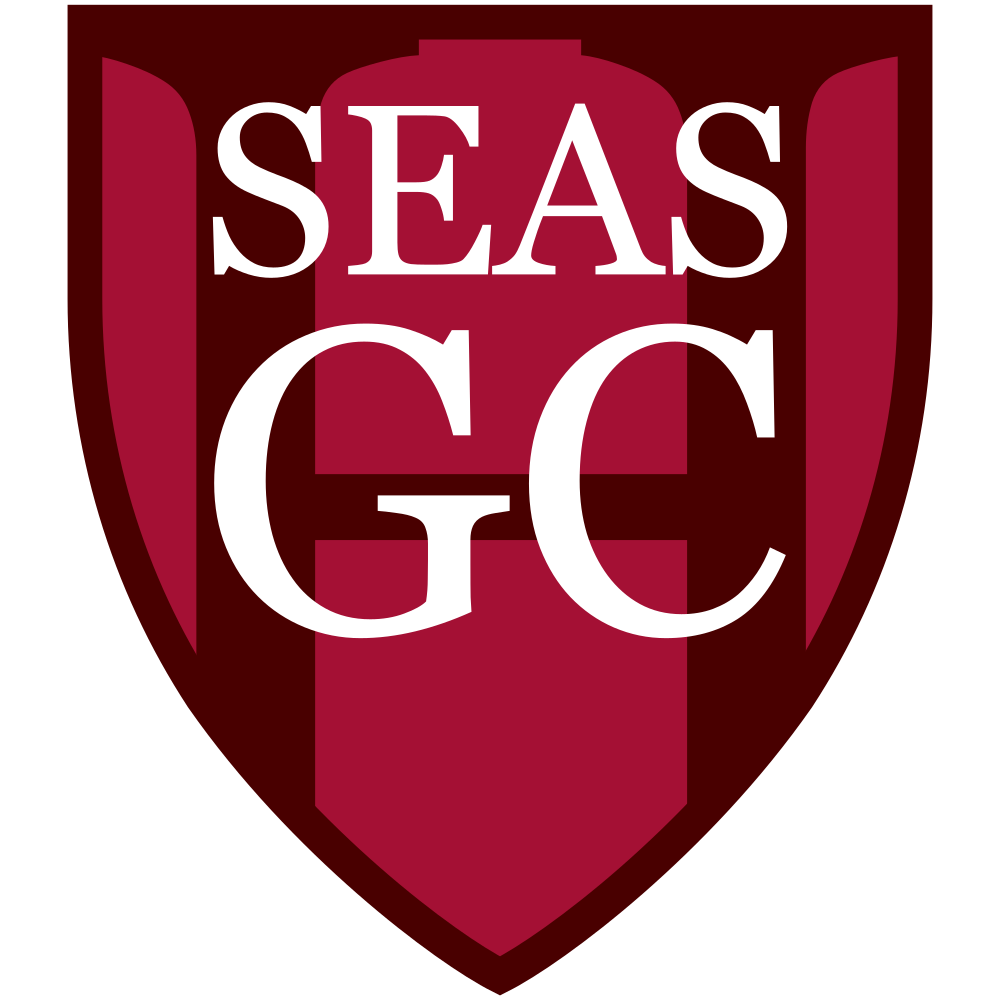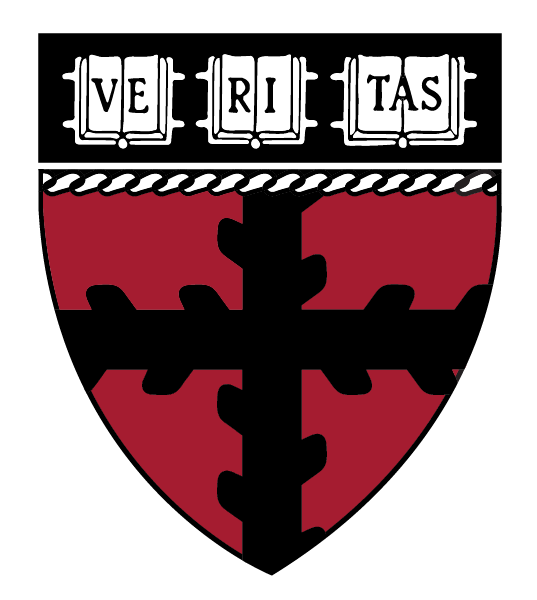If you haven’t made up your mind about which lab to join, fret not! It is not an unusual situation to be in, though with all of the different kinds of advice flying your way, it can be rather intimidating. However there are a few suggestions going forward:
-
Talk to people!
-
Aside from speaking directly to the Principle Investigator, it’s important to also speak to everyone else to get an idea about what it’s like to be in the lab. Potentially important topics include advising styles, work expectations, vacation time, and group dynamic/interactions.
-
Something to keep in mind is the funding cycles, which can change the willingness of particular faculty to taking on new students. This can change on a regular basis, and while it’s not the easiest topic to bring up, whether your potential adviser can support you for the duration of your degree is important to discuss. Coming in with external grants (such as NSF) makes this part a lot easier, so always apply for those if possible.
-
Do a rotation (when possible)
-
This is typically formalized via the respective 299r for your area (such as Applied Physics, Engineering Sciences, Computer Science etc.). This is sometimes used as a reading course with a particular faculty, but most often as a rotation in a group.
-
Set the expectations from the outset clear and don’t be afraid to ask for help when you need it! The guideline provided is that each course is 10 hours per week, so the amount of time you should expect to spend is ideally similar to this (as you’ll most likely have other courses to attend to as well).
-
If you are interested in potentially joining the group after the rotation is finished, make that clear from the outset as well.
- If funding is an issue, you can TF a class in the Fall or Spring (but not in the Summer - internships are an alternative in this case)
-
Talk to different kinds of people!
- There are many faculty that have primary appointments in different departments (such as Chemistry and Physics) but are affiliated with SEAS or have historically taken SEAS students in their groups. Although you are expected to have a primary adviser in SEAS, petitions can be made on a case-by-case basis for advisers that are not SEAS faculty.


